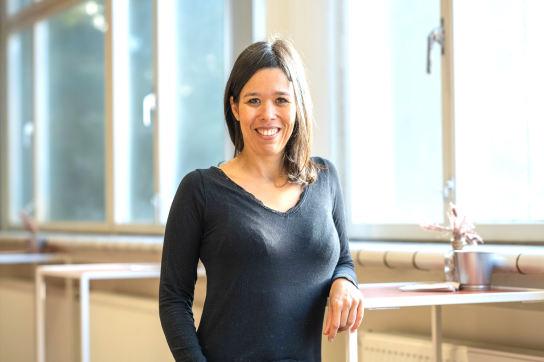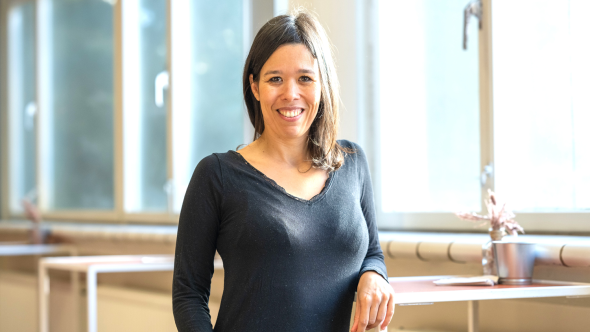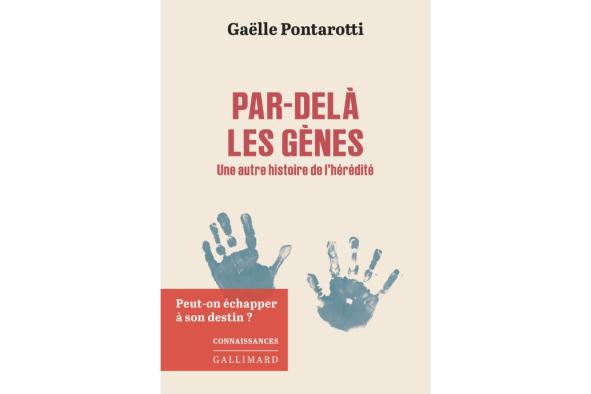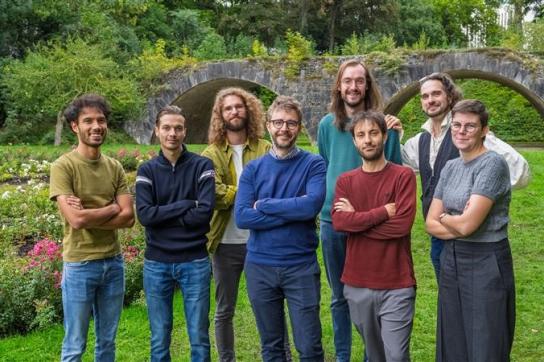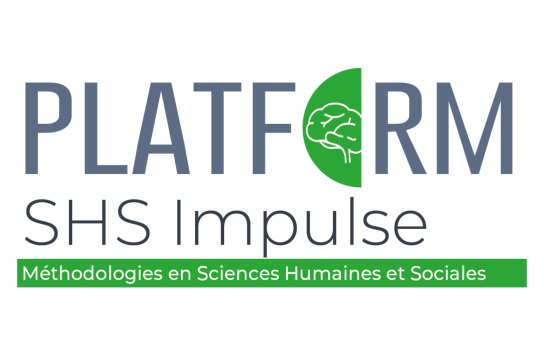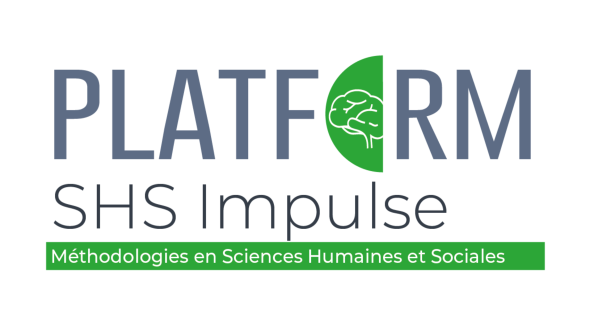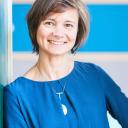A transdisciplinary space open to the outside world and designed to stimulate original research, ESPHIN addresses themes developed in its two founding departments: that of Philosophy in the Faculty of Philosophy and Letters and that of Sciences-Philosophies-Society in the Faculty of Science.
In synergy with other entities, researchers also aim for the emergence of new themes in the major fields of philosophy, such as anthropology, ethics, aesthetics, epistemology, logic and metaphysics.
The ESPHIN Institute intends to promote and support philosophical research, both fundamental and applied.
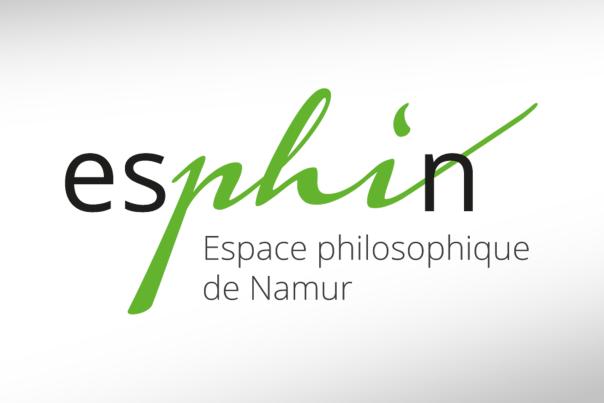
Spotlight
Agenda
What is a university? Origins and history of a thousand-year-old institution
Conference as part of the Notre-Dame de la Paix Chair 2025-2026 | "University and society. What can knowledge do for the common good?"
Speakers: Antoine Destemberg (Université d'Artois), Olivier Boulnois, (EPHE, Paris) and Louis Carré (UNamur)
After focusing on the issues of the "Commons", the management of "common goods" , "health as a common good", this year the Chair turns its attention to the issue of "knowledge" as a "common good" and the role that the University is called upon to play in the creation and transmission of knowledge.
As its title - "University and society. What can knowledge do for the common good?" - shows, the value and meaning that society places on knowledge, even more so from a universal perspective, is not self-evident.
More info coming soon...
University and society: should we be training technicians or citizens?
Conference as part of the Notre-Dame de la Paix Chair 2025-2026 | "University and society. What can knowledge do for the common good?"
Speakers: Elena Lasida (ICP, Paris) and Sephora Boucenna (UNamur)
After focusing on the issues of the "Commons", the management of "common goods" , "health as a common good", this year the Chair turns its attention to the issue of "knowledge" as a "common good" and the role that the University is called upon to play in the creation and transmission of knowledge.
As its title - "University and society. What can knowledge do for the common good?" - shows, the value and meaning that society places on knowledge, even more so from a universal perspective, is not self-evident.
More info coming soon...
Knowledge and the common good: how can a university be managed to serve the common good?
Conference as part of the Notre-Dame de la Paix Chair 2025-2026 | "University and society. What can knowledge do for the common good?"
Speakers: Annick Castiaux (Rector UNamur), Marie Cornu (CNRS and Institut des sciences sociales du politique, Paris)
.After focusing on the issues of the "Commons", the management of "common goods" , "health as a common good", this year the Chair turns its attention to the issue of "knowledge" as a "common good" and the role that the University is called upon to play in the creation and transmission of knowledge.
As its title - "University and society. What can knowledge do for the common good?" - shows, the value and meaning that society places on knowledge, even more so from a universal perspective, is not self-evident.
More info coming soon...
ESPHIN is also...
Reflect
Philosophical research aims both to study, in an interdisciplinary way, issues arising from the formal sciences (logic, mathematics), the humanities and nature, and to construct properly philosophical issues in a transdisciplinary space where the contributions of the various human sciences (political, sociological, clinical, etc.) are mobilized.
Debate
ESPHIN also defines itself as a place for debate, sparking encounters (seminars, colloquia, conferences,...) between practitioners and technicians of the above-mentioned sciences and philosophers in order to implement an effective inter- and transdisciplinarity, based on the conjunction of in-depth study of scientific content and high-level philosophical investigation.
Teaching
Parting from the principle that, within a University, teaching and research must be intimately linked, the Institute also makes it its mission to share the fruits of its research activities with Baccalaureate students (from the Faculty of Philosophy and Letters, the Faculty of Science and other Faculties wishing to join ESPHIN) or Master's students (from the Faculty of Science), and to open up some of their activities to them.
While the Institute aims to be in touch with "field" issues, it intends to strongly preserve the specificity of fundamental philosophical approaches integrating rigorous and demanding approaches to the history of philosophy.






